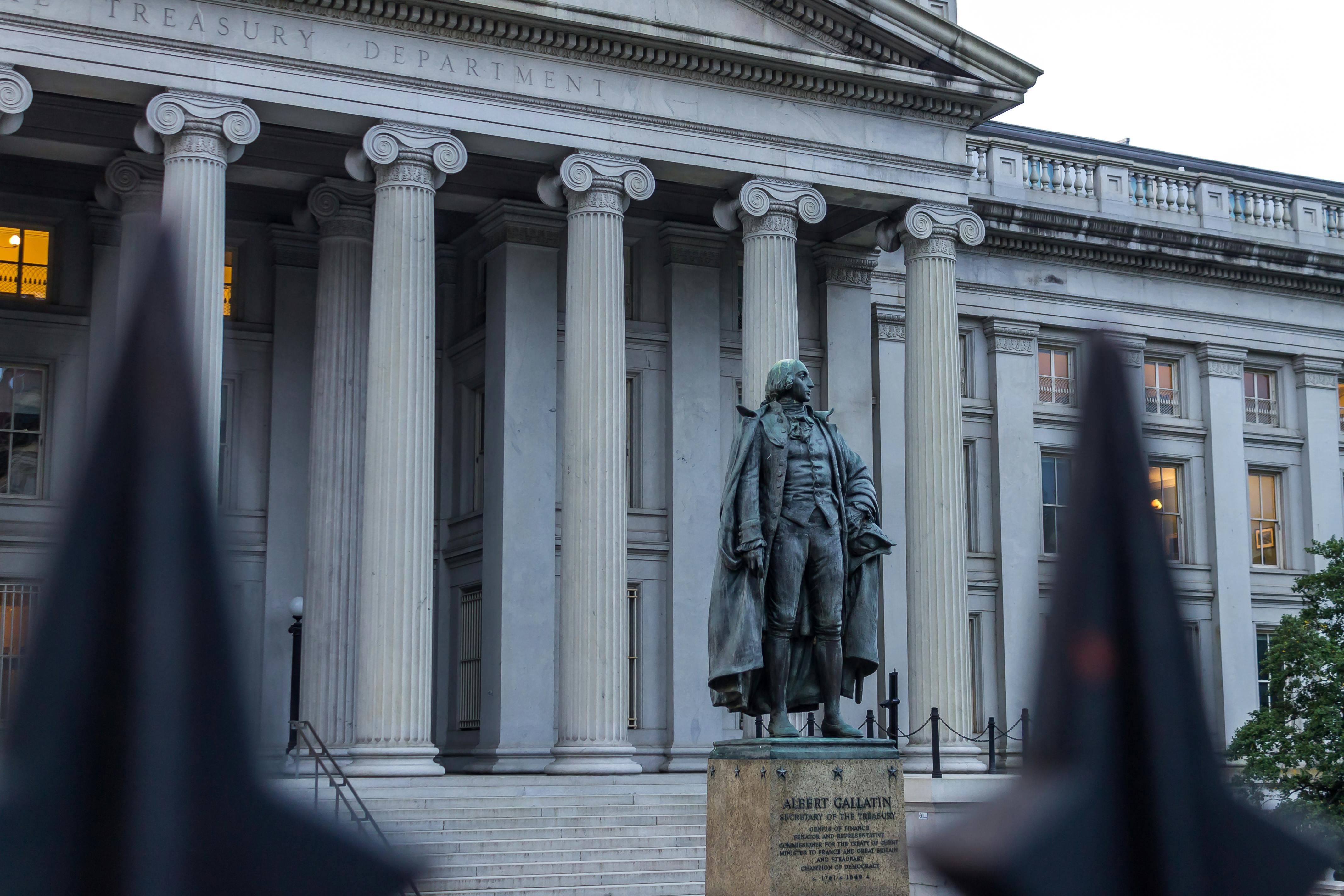Markets Under Strain: How Hedge Funds Are Amplifying Market Risks

Hedge funds have increasingly turned to leverage as a way to sustain returns in a difficult market environment. While this strategy may offer higher rewards in good times, it also carries significant risks, heightening concerns about market volatility and financial system vulnerabilities. As borrowing and synthetic exposure levels climb, investors and regulators are paying closer attention to the potential consequences.
The Mechanics of Hedge Fund Leverage
Leverage allows hedge funds to increase the size of their investment positions beyond their actual capital base. This is typically achieved through borrowing money from prime brokers, using derivatives such as total return swaps, or entering into repurchase agreements.
The objective is straightforward: magnify gains. By amplifying exposure, a modest market move in favor of a position can generate outsized profits relative to the fund’s invested capital. However, the same mechanism can just as easily accelerate losses when markets move against them.
Why Hedge Funds Are Increasing Leverage
Several factors have pushed hedge funds to rely more heavily on leverage. In an environment of low yields and stretched valuations across equities and bonds, generating high returns has become more difficult. Funds seeking to meet investor expectations or outperform peers are under growing pressure to enhance returns by increasing risk exposure.
Cheap borrowing costs have also encouraged this behavior. Central banks have maintained low interest rates for years, making financing leverage inexpensive. As competition among hedge funds intensifies, many have concluded that the path to attractive returns lies in taking greater risks with borrowed money.
Risks Associated with Increased Leverage
While leverage can enhance returns, it also multiplies losses. A relatively small negative move in the market can wipe out large portions of a fund’s capital if positions are highly leveraged.
Additionally, leveraged funds are more vulnerable to margin calls if the value of their collateral falls. In stressed market conditions, widespread forced liquidations can occur as funds rush to unwind positions, exacerbating price declines and triggering broader market instability.
The interconnectedness of hedge funds with banks and counterparties through prime brokerage relationships means that the failure of a few large players can transmit shocks through the financial system, posing systemic risks.
Recent Examples and Market Indicators
The collapse of Archegos Capital Management in 2021 served as a stark reminder of the dangers of excessive leverage. The family office had built large, concentrated positions through derivative structures without sufficient transparency. When the market turned, Archegos' failure triggered multibillion-dollar losses across several global banks.
More broadly, data from prime brokers show rising gross and net exposures among hedge funds, indicating higher aggregate leverage. The increased use of synthetic instruments, such as equity swaps, further suggests a trend toward masked leverage that may not be immediately visible on balance sheets.
Regulatory and Market Responses
Regulators are beginning to take greater interest. The US Securities and Exchange Commission (SEC), the Federal Reserve, and international financial bodies have discussed the need for better monitoring of leverage in non-bank financial institutions, including hedge funds. Proposed measures include enhanced reporting requirements and stress testing exercises.
Meanwhile, some banks are reacting by tightening lending terms to hedge funds, raising margin requirements, and reassessing counterparty risk profiles. However, these steps remain uneven and largely reactive.
Outlook and Broader Implications
Hedge funds now face a clear dilemma. The temptation to use leverage to boost returns is strong, especially as competition and client pressure mount. Yet the risks of overextension are growing. A sharp market correction, whether triggered by geopolitical tensions, central bank tightening, or unforeseen shocks, could expose the fragile underpinnings of highly leveraged strategies.
If such a correction forces mass unwinding of positions, it could deepen market turbulence and trigger wider contagion across financial markets. The combination of hidden leverage, concentrated bets, and interconnectedness remains a dangerous mix.
Conclusion
The growing dependence of hedge funds on leverage underscores a significant vulnerability in today’s financial system. While leverage can produce impressive short-term gains, it also sets the stage for larger and faster losses when conditions deteriorate.
The key questions are whether regulatory bodies will move aggressively enough to address these risks and whether hedge funds themselves will adjust their strategies before another crisis erupts. So far, history suggests caution is warranted.
Author: Brett Hurll
Global Fund Groups Set To Hit $200tn
Global fund groups set to hit $200tn in assets by 2030, says PwCThe global fund management industry is expected to reach... Read more
Underperform And Report To Office: AHL's Struggles Trigger Policy Shift At Man Group
Man Group, one of the world’s largest hedge funds, has ordered staff at its flagship systematic trading unit AHL to re... Read more
Asia's Quiet Hedge Fund Star: Arrowpoint Rides Tariff Waves To Strong Gains
While some hedge funds chase headlines and media attention, others prefer to let performance speak for itself. Arrowpoin... Read more
China's Contrarian Hedge Fund Star Bags 1,485% Return
In a year when many global investors remained wary of China’s turbulent markets, one homegrown hedge fund has delivere... Read more
Beyond The Black Box: How Hedge Funds Are Systematically Embedding AI Into Core Operations
Artificial intelligence (AI) has long been discussed in hedge fund circles as a powerful but opaque tool—useful in the... Read more
Hedge Funds Rebuild Long Positions In Oil
Brent Crude Rally Gains Momentum After Diplomatic Thaw Hedge funds have significantly increased their bullish bets on B... Read more

